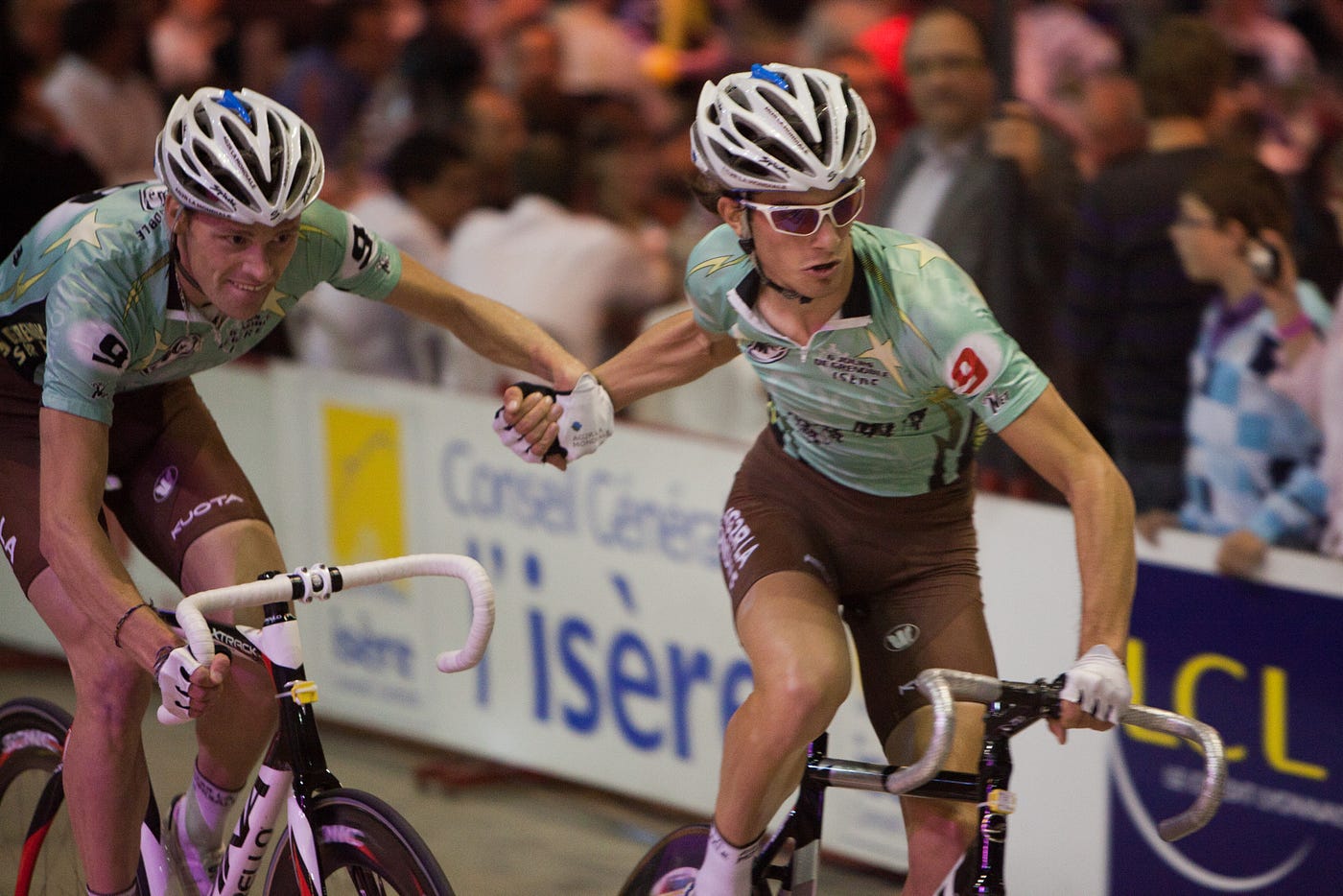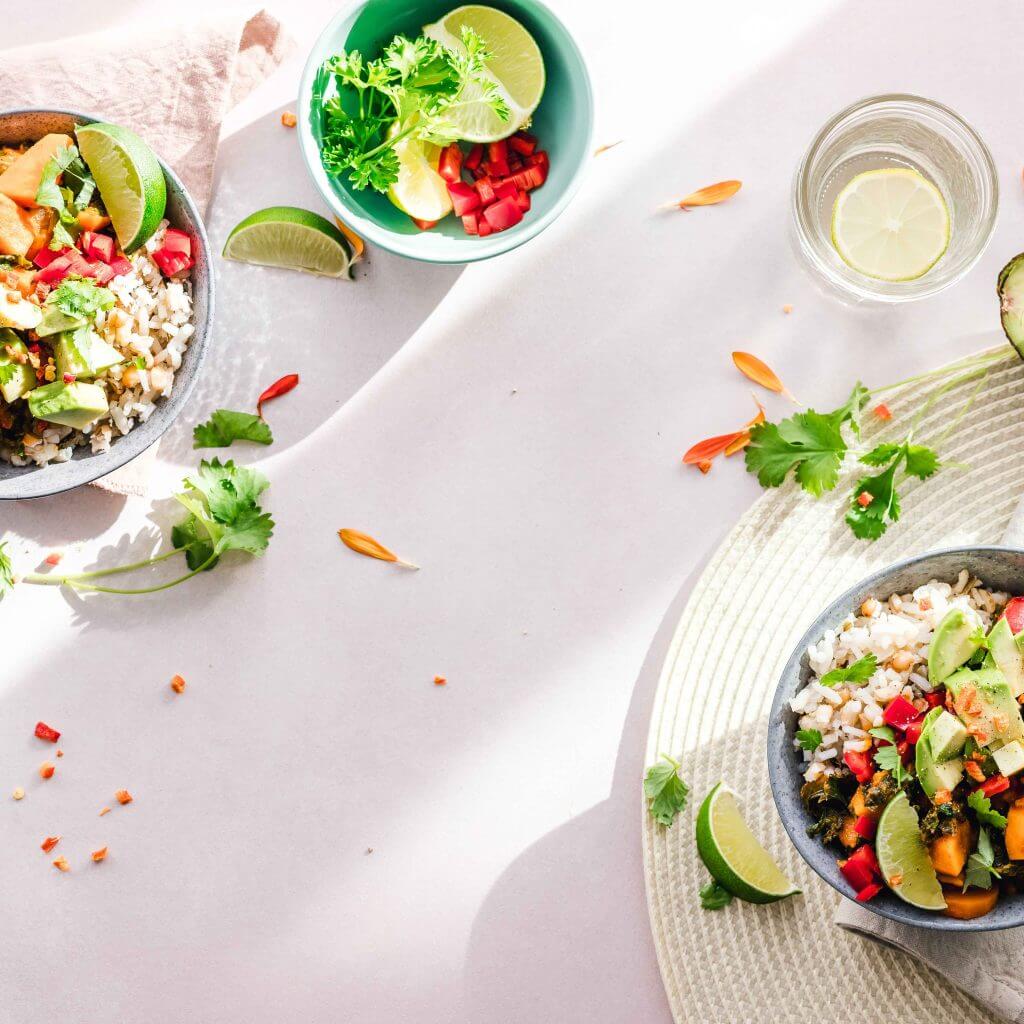When it comes to cycling nutrition, fueling your body properly can make a world of difference in your performance on the bike. Did you know that consuming the right balance of nutrients can improve endurance, enhance recovery, and optimize overall energy levels? It’s true! Investing in your nutrition is just as important as investing in your gear.
Cycling nutrition tips encompass a variety of factors that can contribute to your success as a cyclist. Eating a well-balanced diet rich in carbohydrates, proteins, and healthy fats is key to providing your body with the fuel it needs to sustain long rides. Additionally, staying hydrated before, during, and after your rides is crucial for optimal performance. Research has shown that even mild dehydration can significantly impair physical and mental performance. By prioritizing nutrition and hydration, you can enhance your cycling experience and push your limits on the bike.
Cycling nutrition is essential for endurance and performance. To fuel your rides, focus on consuming carbohydrates, proteins, and healthy fats. Before a ride, eat a balanced meal with whole grains, lean protein, and fruits or vegetables. During your ride, consume easily digestible snacks like energy gels or bars. Hydration is also crucial, so drink water and electrolyte-rich sports drinks. After your ride, replenish your energy stores with a mix of carbohydrates and proteins. Remember to listen to your body’s needs and adjust your nutrition plan accordingly.

Fueling Your Ride: Cycling Nutrition Tips
As an expert cyclist, you understand the importance of fueling your body properly to enhance performance and optimize recovery. Cycling nutrition plays a crucial role in providing the energy and nutrients necessary to sustain endurance, maximize power output, and prevent fatigue. This article will provide you with invaluable tips and insights to help you fuel your rides effectively and improve your overall cycling experience.
Pre-Workout Nutrition
What you eat before your ride greatly impacts your energy levels and performance. The goal of pre-workout nutrition is to provide easily digestible carbohydrates to top up your glycogen stores, which are the primary source of energy during intense cycling sessions. Aim to consume a balanced meal or snack containing carbohydrates, protein, and a moderate amount of healthy fats two to three hours before your ride.
1. Carbohydrates for Sustained Energy
Carbohydrates should be the main focus of your pre-ride meal as they provide the necessary energy for your muscles to work efficiently. Opt for complex carbohydrates such as whole grains, fruits, and vegetables, which provide a steady release of energy throughout your ride. Avoid high-fiber foods that may cause digestive issues during intense exercise.
If you’re short on time before your ride, opt for a quick and easily digestible snack, such as a banana or a piece of toast with honey. These are simple carbohydrates that can provide a quick energy boost without causing gastrointestinal distress.
Additionally, during longer rides or intense training sessions, you may benefit from consuming a small amount of caffeine before your ride. Caffeine has been shown to enhance endurance performance and delay fatigue.
2. Protein for Muscle Repair and Recovery
Incorporating protein into your pre-workout meal helps support muscle repair and recovery, particularly if you have engaged in a previous intense training session or haven’t eaten protein-rich foods for several hours. Opt for lean protein sources such as chicken, fish, tofu, or Greek yogurt.
It’s important to note that protein takes longer to digest than carbohydrates, so it’s best to consume protein at least two to three hours before your ride to avoid any potential digestive discomfort.
If time is limited, you can also incorporate a protein shake or smoothie into your pre-ride routine. This allows for quicker digestion and absorption of the necessary amino acids for muscle maintenance.
By fueling your body with the right combination of carbohydrates and protein before your ride, you can optimize your energy levels and enhance your cycling performance.
During Ride Nutrition
Proper nutrition during your rides is essential to maintain energy levels, optimize performance, and delay fatigue. The primary focus should be on hydration and replenishing carbohydrates to sustain endurance.
1. Hydration for Optimal Performance
Staying hydrated is crucial for both short and long rides. Dehydration can lead to a decrease in performance, increased perception of effort, and impaired cognitive function. Aim to drink 500ml to 1 liter of fluids per hour, depending on intensity, temperature, and individual sweat rate.
Water is perfectly adequate for rides under an hour. However, for longer rides or rides in hot and humid conditions, consider including an electrolyte sports drink to replenish the electrolytes lost through sweat.
To ensure hydration remains a priority during your ride, plan your hydration strategy and use bottles or hydration packs that are easily accessible while cycling. Set reminders to drink regularly and take small sips to avoid stomach discomfort.
2. Carbohydrate Intake for Sustained Energy
Continuously providing your body with carbohydrates during longer rides is essential to maintain energy levels and prevent bonking, also known as glycogen depletion. Aim to consume 30-60 grams of carbohydrates per hour, depending on the intensity and duration of your ride.
Choosing easily digestible carbohydrate sources such as energy gels, energy bars, bananas, or sports drinks can help you meet your carbohydrate needs without causing stomach discomfort. Experiment with different options during training to find what works best for you.
It’s important to note that each individual may have different carbohydrate requirements and tolerances, so it’s essential to listen to your body and adjust your intake accordingly.
Post-Workout Nutrition
Proper post-workout nutrition is crucial for muscle recovery and replenishing glycogen stores. The goal is to consume a combination of carbohydrates and protein within 30 minutes to two hours after your ride.
1. Carbohydrates for Glycogen Replenishment
Consuming carbohydrates post-workout is essential to replenish glycogen, the stored form of glucose in your muscles. Aim to consume 0.8-1.2 grams of carbohydrates per kilogram of body weight within the first 30 minutes after your ride. This can be achieved through meals or snacks containing complex carbohydrates such as whole grains, sweet potatoes, or brown rice.
Additionally, including a source of protein with your post-workout carbohydrates can further enhance glycogen replenishment and muscle repair.
2. Protein for Muscle Repair and Growth
Your post-workout meal or snack should include protein to support muscle repair and growth. Aim for 20-30 grams of high-quality protein from sources such as lean meats, eggs, dairy products, or plant-based options like legumes and tofu.
It’s important to note that consuming protein immediately after your ride is not necessary. As long as you consume an adequate amount within the two-hour window, the timing is flexible.
3. Rehydration and Electrolyte Replenishment
Rehydrating after your ride is crucial to restore fluid balance and aid in recovery. Continue to drink fluids and consider adding electrolytes to your post-workout routine, especially if you sweated heavily during the ride.
If you often struggle with appetite immediately after exercise, consider consuming a recovery shake or smoothie that combines carbohydrates, protein, and electrolytes for convenient and efficient replenishment.
Supplementation
While a well-balanced diet should provide all the necessary nutrients for your cycling needs, certain supplements can enhance performance, aid recovery, and support overall health. However, it’s important to note that supplements should not replace a proper diet and should be used under the guidance of a healthcare professional or registered dietitian.
1. Sports Drinks and Gels
Sports drinks and gels are convenient options for providing quick and easily digestible carbohydrates during your rides. They are designed to provide energy and electrolytes to sustain endurance and delay fatigue. Look for products that contain a blend of carbohydrates, electrolytes, and possibly caffeine.
It’s important to experiment with different brands and flavors to find what works best for your taste preferences and digestive system.
2. Protein Supplements
If your training volume is high or you struggle to consume enough protein through whole foods, protein supplements can be beneficial for muscle repair and recovery. Whey protein, casein, or plant-based protein powders are popular options.
Again, it’s important to consult with a healthcare professional or registered dietitian to determine your specific protein needs and the most suitable supplement for you.
In conclusion, fueling your body with the right nutrition is essential for optimal cycling performance. By focusing on pre-workout, during ride, and post-workout nutrition, you can enhance your energy levels, endurance, and recovery. Remember to stay hydrated, consume a combination of carbohydrates and protein, and listen to your body’s individual needs. With the right fuel, you’ll be able to conquer the toughest cycling challenges and enjoy the ride to the fullest.
Cycling Nutrition Tips
Proper nutrition is essential for cyclists to fuel their rides, optimize performance, and promote recovery. Here are some professional cycling nutrition tips:
1. Hydration
Stay hydrated before, during, and after your rides. Drink water regularly and supplement with electrolyte-rich sports drinks for longer rides.
2. Carbohydrates
Carbohydrates are the main source of fuel for cycling. Prioritize complex carbohydrates like whole grains, fruits, and vegetables for sustained energy.
3. Protein
Include lean protein sources such as chicken, fish, eggs, and legumes in your meals to aid in muscle repair and recovery.
4. Timing
Eat a balanced meal containing carbohydrates and protein 2-3 hours before your ride. Consume a snack or recovery shake within 30 minutes after your ride to replenish glycogen stores and promote muscle repair.
5. Supplements
Consider taking supplements like vitamins, minerals, and omega-3 fatty acids to support optimal nutrition and overall wellness. Consult a healthcare professional for personalized advice.

Frequently Asked Questions
Cycling is a physically demanding sport that requires proper nutrition to fuel the body. In order to optimize performance and enhance recovery, cyclists need to pay attention to their dietary habits. Here are some frequently asked questions about cycling nutrition and valuable tips to keep in mind.
1. What should I eat before a long cycling ride?
Before a long cycling ride, it is important to fuel your body with a balanced meal that combines carbohydrates, proteins, and healthy fats. Opt for complex carbohydrates like whole grains, fruits, and vegetables to provide sustained energy throughout the ride. Include lean proteins, such as chicken or fish, to support muscle recovery and repair. Don’t forget to add healthy fats like avocados or nuts to keep you satiated and provide essential nutrients.
Try to have your pre-ride meal at least two to three hours before your cycling session to allow for digestion. It is also crucial to stay hydrated by drinking water or a sports drink before you start your ride.
2. What should I eat during a long cycling ride?
During a long cycling ride, your body needs a constant supply of fuel to maintain energy levels. Consume easily digestible carbohydrates, such as energy gels, sports drinks, or bananas, to provide quick and accessible energy. These will help prevent fatigue and keep you going strong.
Do not forget to hydrate regularly during your ride. Carry a water bottle or a hydration pack to ensure you are replenishing lost fluids and electrolytes. Aim to drink at least 500ml of fluids per hour.
3. How should I recover nutritionally after a cycling ride?
Proper post-ride nutrition is crucial for optimal recovery and muscle repair. Include a combination of carbohydrates and proteins in your post-ride meal or snack. Carbohydrates help replenish glycogen stores while proteins aid in muscle recovery and growth.
Choose nutrient-dense foods such as lean meats, fish, quinoa, sweet potatoes, and leafy greens. A protein shake or smoothie with added fruits and vegetables can also be a convenient option for quick recovery. Additionally, hydrate well with water or a sports drink to replace lost fluids.
4. Should I take supplements for cycling nutrition?
While a well-balanced and varied diet should provide most of the necessary nutrients for cycling nutrition, some athletes may benefit from supplements. Consult with a sports nutritionist or healthcare professional to determine if you have any specific nutrient deficiencies that could be addressed through supplementation.
Common supplements for cyclists include electrolyte replacements, omega-3 fatty acids for joint health, and vitamin D for bone strength. However, it is crucial to choose reputable brands and follow recommended dosages, as excessive supplementation can have negative effects on your health.
5. How can I ensure I am staying properly hydrated during cycling?
Proper hydration is essential for optimal cycling performance and overall health. To ensure you stay properly hydrated during your rides, follow these tips:
– Drink water or a sports drink before, during, and after your cycling session.
– Monitor your urine color. Clear or light yellow urine indicates proper hydration, whereas dark urine signals dehydration.
– Drink at least 500ml of fluids per hour during your ride, and increase this amount in hot or humid conditions.
– Consider electrolyte replacements if you are sweating heavily or participating in long-duration rides.
These cycling nutrition tips will help you fuel your body properly and optimize your performance on the bike. Remember to listen to your body, experiment with different strategies, and consult with a professional if you have specific dietary concerns or goals. Happy and healthy riding!
A Basic Nutrition Mistake that’s Holding Cyclists Back
In conclusion, proper nutrition is vital for cyclists to perform at their best. By following these cycling nutrition tips, you can fuel your body to improve your cycling performance and enhance your overall health and well-being.
Remember to prioritize carbohydrates, lean protein, and healthy fats, and stay hydrated before, during, and after your rides. Plan your meals and snacks strategically, and listen to your body to fuel and refuel appropriately. Eating a balanced diet and fueling properly will help you ride stronger, recover faster, and enjoy your cycling adventures to the fullest!
Other Post –
- Top 10 Bike Chain Lock In 2024 – Click Here
- 2024’s Trek Ebike TOP 10 Reviews – Click Here
- Motorized Bikes – Read More
- 2024’s Bike Tracker TOP 10 Reviews – Click Here
- 10 Best Indoor Cycle (2024) – Click Here

